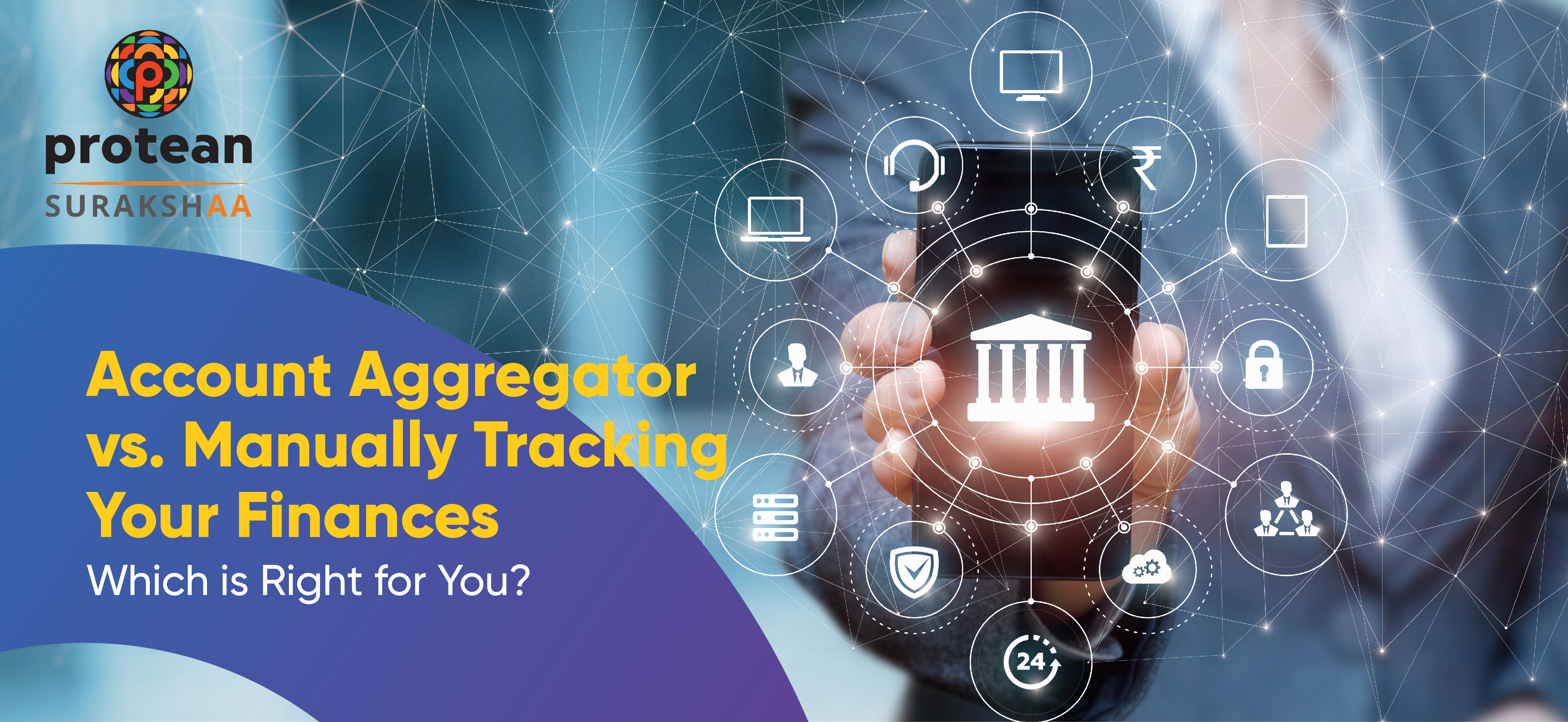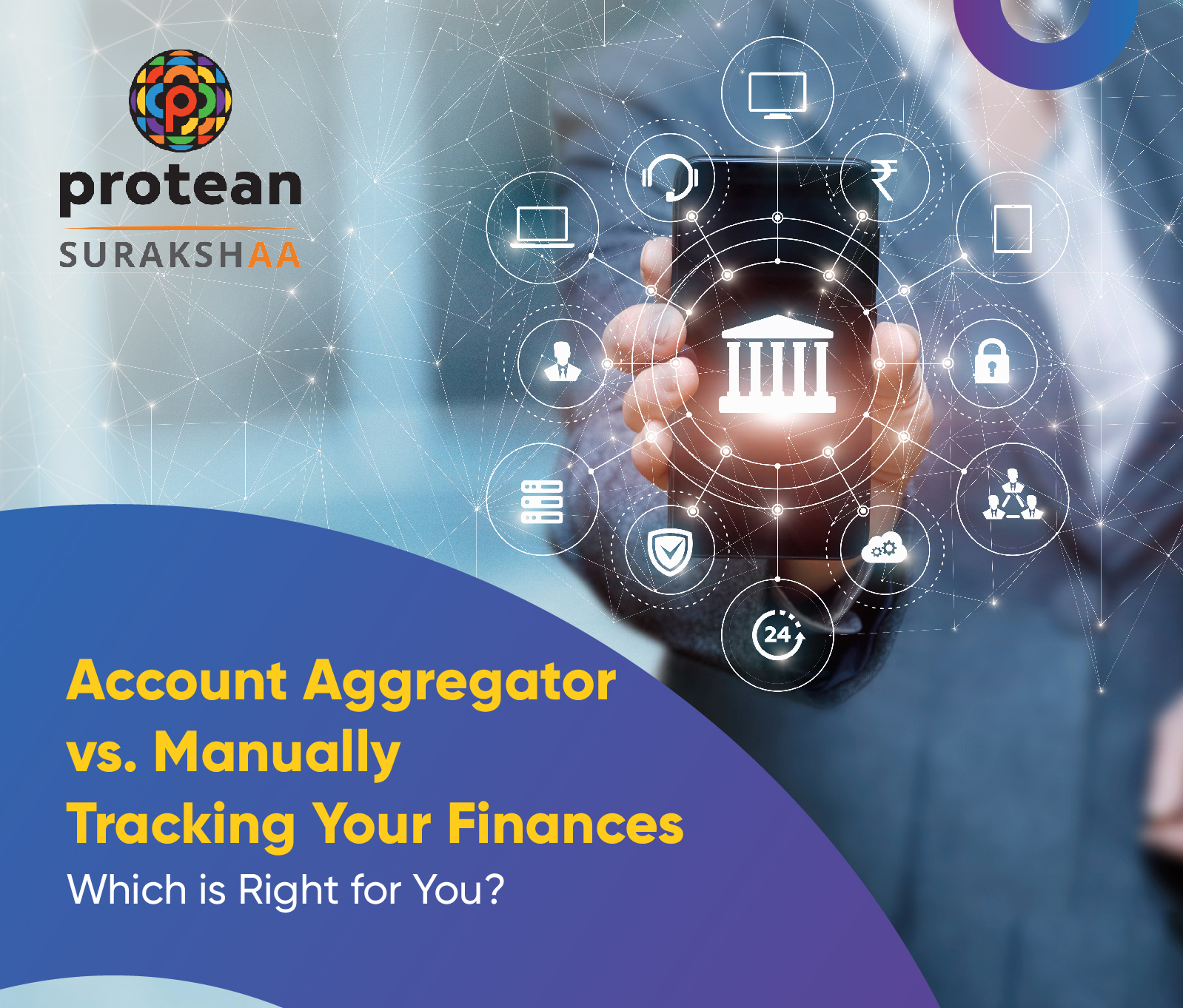Forgetting dates can be harmful to your health especially if you forget your spouse’s birthday or anniversary. Not much harm will come to you if you forget to pay your credit card bill or run out of money in your account towards the end of the month. You may just feel tensed upon realising that you need to make an instant arrangement for cash to meet the urgent needs. A quick call to your friends or family may get you out of this situation but you would not want to let the rest of the world know that you are really bad at keeping track of your finances. Today in the digital age there is a continuous availability of information that is thrown at you via notifications, text messages and emails. While we are connected more we are finding it difficult to keep track of things unless we make technology do the work for us. As we increase the adoption of technology we also feel the need to have additional privacy checks to ensure that our information is secure and is not misused.
India is among the countries that are extremely aware of consumer rights and have strict regulations regarding the access and usage of financial data of their citizens. RBI has designed a financial data-sharing platform called Account Aggregator to address privacy concerns as well as create ways and means by which the financial needs of its citizens are also addressed.
The account aggregator ecosystem is a financial and banking data-sharing framework that empowers consumers to be in control of their monetary data. It is expected that the ecosystem will expand the potential customer base of banks, NBFC’s and fintech companies. It is being considered as the foundation for open banking in India. The system will enable users to securely and efficiently transfer their financial data between different institutions digitally, making lending, investment and wealth management a lot quicker and more inexpensive. The account aggregator framework is currently in its early stages, but it will revolutionise the way financial services are delivered in India.
What is the Account Aggregator Framework?
Account Aggregators are financial data-sharing platforms that are licensed by the Reserve Bank of India (RBI) to collect and share financial data from FIPs to Financial Information Users (FIUs) with your consent.
The account aggregator framework is a financial data-sharing system that allows you to connect all of your financial accounts in one place. This includes bank accounts, credit cards, investment accounts, and loan accounts.
Once you have connected your accounts, the account aggregator platform will automatically sync your data and give you a complete overview of your finances. You will be able to see all of your account balances, transactions, and due dates in one place.
There are two main components in the account aggregator system, FIPs and FIUs.
- Financial Information Providers (FIPs): They are financial institutions that store and manage your financial data, such as your bank account statements, credit card statements, and investment statements.
- Financial Information Users (FIUs): They are financial institutions that provide financial services to customers, such as lending, investment, and insurance services. FIUs can access your financial data from FIPs through AAs with your consent.
Benefits of Being a Part of the Account Aggregator Network
To raise awareness about the account aggregators in India, the Govt. of India has launched Sahamati, a member-driven industry alliance. It has been raising awareness about the AA framework since its inception.
Here is a list of the most important advantages of the account aggregator ecosystem:
Faster Loan Processing
With the help of the account aggregator framework, lenders can now quickly access a customer's financial history. Having the data helps to process loan applications faster by digitally following due diligence and compliance procedures. This is done by accessing the customer's consented financial data, which is shared in the AA framework.
No Paperwork
If a financial institution of a customer is registered in the account aggregator system, the customer does not have to undergo the KYC process during the application process. They only need to grant their consent to the account aggregator, to extract all the details.
Secured Data Processing
The RBI has set strict data sharing and privacy rules for the account aggregator framework. All data shared by the ecosystem will have secure digital signatures and be fully encrypted. When transferring from the source bank to the FIU that wants to provide some service to the customer, the data undergoes multiple layers of encryption and authentication. The AA framework is data-blind because all data processed through it is encrypted and can only be processed by the FIU that requested the data.
Secured Customer Data
Manual financial data tracking is very time-consuming and difficult, as gathering a borrower's financial data from different financial institutions can be a very hectic task. The account aggregator system plays a crucial role in this process by consolidating and aggregating large amounts of data. The data is shared with a particular FIU when they request it, and the customer gives their consent and then provides it.
Simple Dashboard
Account aggregators allow customers to view their financial services scores from different institutions on a single dashboard. With the customer's consent, account aggregators can share specific financial information with banks and NBFCs. Borrowers have full control over their data and can set a timeframe for how long banks can access their data.
Easy Onboarding
Account aggregator framework will completely replace the manual process of data collection, gathering, and updating with digital and quick data processing. This saves significant amounts of time and resources for both banks and customers, thus improving coordination between them.
What is the Manual Financial Data Tracking?
Manual financial data tracking involves the process of recording and monitoring your financial transactions and accounts without the use of automated tools or software. This method requires individuals to rely on traditional record-keeping practices and human intervention to gather, organise, and analyse their financial information.
While manual financial data tracking can provide a sense of control and a deeper understanding of your finances, it has been replaced by the account aggregator framework. It helps in offering greater efficiency, accuracy, and convenience. Account aggregators can automatically import and categorize transactions, generate real-time reports, and provide valuable insights into your finances.
What are the Drawbacks of Manually keeping track of your Financial Health?
Here are some of the drawbacks of manual financial data tracking:
Error-Prone
Manual data entry is a tedious and repetitive task, and even the most careful people make mistakes. This can lead to inaccurate financial data, which can have serious consequences for your business.
Difficult to Analyse
Once you have collected and organised your financial data, it can be difficult to analyse it manually. This can make it difficult to identify trends and patterns in your spending.
High Costs
If you still use manual accounting processes, companies often believe you are saving money by avoiding modern systems. However, manual accounting is actually more expensive than they think.
Time-Consuming
Manually collecting and organising your financial data can be very time-consuming, especially if you have multiple accounts.
Difficulty in Managing Financial Decisions
Without the ability to analyse your financial data, you will miss out on valuable insights into your spending habits. This can make it difficult to make informed financial decisions.
Difference between Account Aggregators vs. Manually Tracking of Your Finances
RBI Account aggregator framework and manual tracking of your finances are two different ways to keep a tab on your finances.
Account aggregators are digital platforms that allow you to connect all of your financial accounts in one place. They act as a conduit between customers, information providers and third parties enabling distribution of data with the customer’s clear consent. Such accounts can be used to connect bank accounts, loan accounts, demat accounts and credit cards.
Once you connect to an account aggregator’s platform, all of your information will be synced, allowing you view all account balances and transactions in one place.
Manual tracking of your finances involves collecting and organising your financial data from various sources, such as bank statements, credit card statements, and investment statements. This can be a time-consuming and error-prone process.
Overall, account aggregators are a more convenient, accurate, and secure way to track your finances. However, they charge a set fee to avail their facilities. Manual tracking of your finances is free, but it is more time-consuming and error-prone.
Which option is right for you, depends on your individual needs and preferences. If you have multiple financial accounts and you value convenience, accuracy, and security, then an account aggregator may be a good option for you. If you are looking for an account aggregator, you should download Protean SurakshAA, a top mobile app in the account aggregator framework.
What is Protean SurakshAA?
Protean SurakshAA is an account aggregator mobile app operated by the Protean Account Aggregator Limited which is licensed under RBI. It is a part of the account aggregator framework that helps individuals and businesses of all sizes to automate and streamline their financial processes. Protean SurakshAA is expected to completely eradicate manual data entry, time-consuming tasks, and inaccurate financial data.
How Does Protean SuraksAA Work?
To use the Protean SurakshAA app you need to follow these three easy steps:
Step 1: Registration
Download the Protean SurakshAA app and register for an account.
Step 2: Linking Accounts
After completing the registration process, link your financial accounts to the app using OTP-based authentication.
Step 3: Consent Management
Once you link all your financial accounts, you can choose which financial institutions you want to share your financial information with a single click and verification.
The account aggregator framework will be a valuable tool for people who have multiple financial accounts and who find it difficult to track their finances manually. Account aggregators automate the process of collecting and organising your financial data, which will save you time and effort. The best way to decide whether the account aggregator is right for you or manual tracking of your finances is right. You need to weigh all the above-mentioned pros and cons and choose the option that is best for your individual needs and preferences.
- Story by Kakoli Laha
Frequently Asked Questions
1. What is the purpose of the account aggregator framework?
The Reserve Bank of India (RBI) has introduced the account aggregator framework to make financial data more accessible. This means that individuals and businesses can now share their financial information with authorised third parties securely and with their consent. It will help to improve access to financial services, such as loans and credit cards, and make it easier for people to manage their finances.
2. What is the difference between a credit bureau and the account aggregator framework?
Credit bureaus collect and share credit history, whereas account aggregators allow consumers to share financial data with authorized third parties.
3. Which is the best account aggregator app in India?
Protean SurakshAA is one of the best account aggregator apps in India. The app is available as an Android App, Web App and iOS App, ensuring easy accessibility across multiple devices.
4. Is an account aggregator right for me?
Whether or not an account aggregator is right for you, depends on your individual needs and preferences. If you have multiple financial accounts and you want convenience, accuracy, security, and insights, then an account aggregator may be a good option for you.
5. Is the account aggregator framework safe?
The data transmitted through the account aggregator framework is encrypted, meaning it is scrambled so that it cannot be read by unauthorised individuals. Additionally, the authorised FIUs are not allowed to store, process, or sell customer data. This means that your financial data is safe and secure when using the AA framework.

